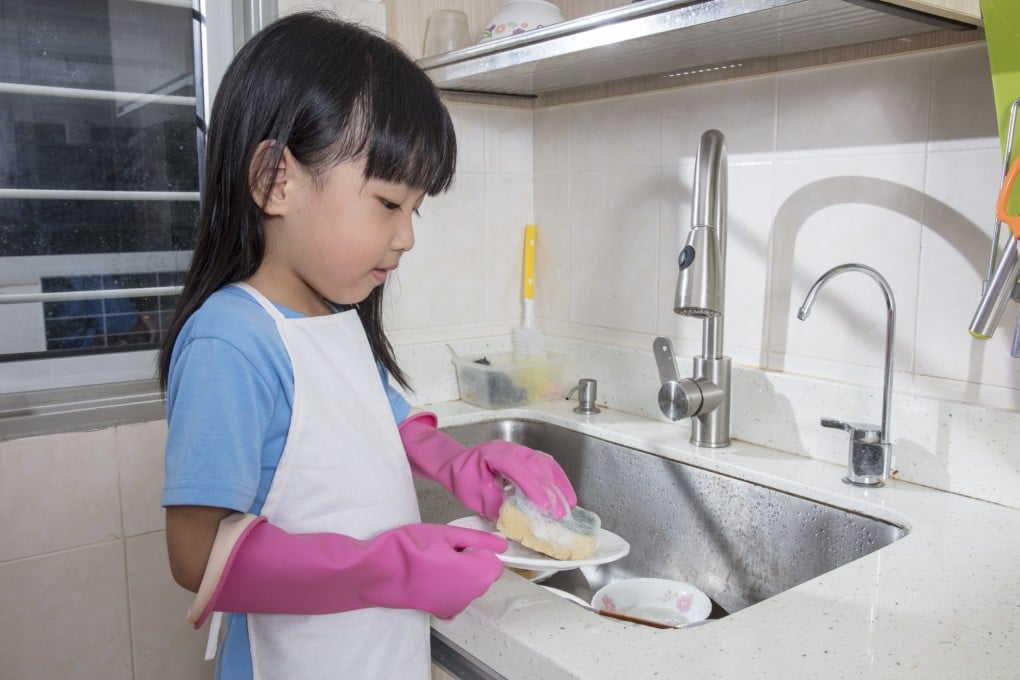Letters | ‘Lying flat’ should not be an excuse for laziness
- Readers discuss the importance of developing a good values system in youngsters, compassion for the elderly, and how to improve quality of life in the city

In the grand scheme of things, education is not merely about getting academic qualifications for the sake of further studies or employment. It’s about developing oneself into an individual able to show perseverance, diligence, humility, law-abidingness, national pride and respect for others. It is exactly these virtues that can fend off such negative ideas as “lying flat” and motivate youngsters to adopt a positive attitude to life.
A good values system, which can protect the mind against negativity and lethargy, is not dissimilar to a formidable immune system that can guard the body against viral or bacterial infections. It takes years of nurturing, constant introspection and the collaborative efforts of different stakeholders including policymakers, teachers and parents to build such an elaborate defence system.
At the school level, teachers of different subjects can incorporate values education into the curriculum and daily teaching. For instance, while covering an English text about role models, teachers could bring up the remarkable achievements of scientists such as Albert Einstein or Issac Newton. Students will realise that overcoming adversity when pursuing academic success or scientific breakthroughs takes considerable perseverance and commitment.
At the community level, the Education Bureau’s Enhanced Smart Teen Project, which involves attending a training camp in collaboration with disciplinary forces and aims at fostering students’ positive values, is highly recommended for schools of different bandings. Kids who might struggle with discipline can acquire self-discipline, while those who lack confidence and leadership abilities can step out of their comfort zone and develop self-esteem and diligence.